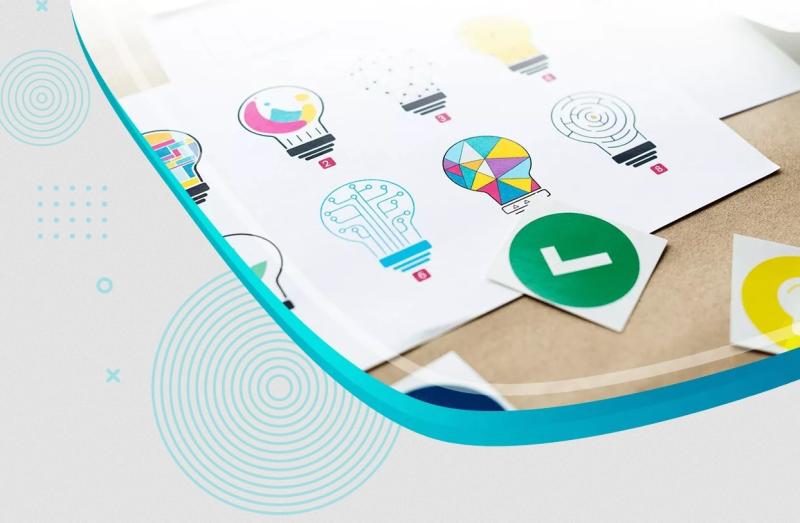Neurodiverse Relationship Counselling: Navigating Unique Relationship Dynamics

In today's diverse world, relationships come in many forms, each with its own challenges and strengths. For couples where one or both partners are neurodivergent, those differences can add a layer of complexity to the relationship. Neurodiverse relationships—where one partner may be on the autism spectrum, have ADHD, or experience other cognitive or developmental differences—require unique approaches to communication, understanding, and emotional connection. This is where neurodiverse relationship counselling plays a vital role.
Understanding Neurodiverse Relationships
Neurodiverse relationships involve individuals with differing neurological experiences and ways of processing the world. Neurodivergence includes conditions such as autism, ADHD, dyslexia, and other cognitive differences. Neurotypical individuals (those without these conditions) and neurodivergent individuals often perceive and interact with the world differently, which can lead to misunderstandings, conflicts, and emotional disconnection in relationships.
For example, a neurodivergent partner may process emotions or communicate differently than their neurotypical partner, leading to frustration on both sides. The neurotypical partner may feel ignored or misunderstood, while the neurodivergent partner might struggle with expressing themselves in ways that feel natural to them.
The Role of Neurodiverse Relationship Counselling
Neurodiverse relationship counselling is designed to address the unique needs of couples where at least one partner is neurodivergent. Traditional relationship counselling might not always be effective in these situations, as it often relies on standard communication techniques that may not work for neurodiverse individuals. Specialized counselling for neurodiverse couples provides tailored strategies to help both partners bridge the gap between their different ways of thinking and feeling.
1. Fostering Understanding and Acceptance
A key focus of neurodiverse relationship counselling is helping both partners understand each other's neurological differences. Often, neurodiverse individuals may experience heightened sensitivity to sensory stimuli, challenges with social cues, or difficulty expressing emotions. For the neurotypical partner, this may be confusing or even hurtful, especially if they interpret these behaviors as disinterest or detachment.
Counselling helps both partners recognize that these behaviors are not intentional but rather a reflection of how their brains work. With greater understanding comes more empathy and patience, which are essential for maintaining a healthy, supportive relationship.
2. Building Effective Communication
Communication is the cornerstone of any relationship, but in neurodiverse relationships, it often requires extra effort and creativity. Neurodiverse relationship counselling helps couples develop communication techniques that accommodate their differences.
For example, a neurodivergent partner with autism may prefer direct, literal communication, while a neurotypical partner may use more nuanced, emotional language. Counsellors can help both partners find a middle ground, where communication is clear, respectful, and meets both partners' needs.
3. Addressing Sensory and Emotional Needs
Many neurodiverse individuals experience heightened sensitivity to sensory input, such as noise, light, or touch. In a relationship, these sensitivities can lead to misunderstandings, especially when one partner’s needs differ from the other’s. For example, a neurodivergent partner might need more personal space or quieter environments to feel comfortable, while the neurotypical partner might crave closeness and more frequent interaction.
In neurodiverse relationship counselling, couples learn how to navigate these differences by setting clear boundaries and creating environments that respect both partners' sensory needs. The goal is to ensure that both individuals feel comfortable and supported in the relationship, without feeling overwhelmed or neglected.
4. Strengthening Emotional Connection
Emotional connection can be a challenge in neurodiverse relationships, especially when partners process emotions in different ways. Neurodivergent individuals may struggle with expressing affection in ways that are typically expected in relationships, which can lead to feelings of loneliness or isolation for the neurotypical partner.
Counselling helps couples explore alternative ways to show love and support, which may include non-verbal expressions of affection, written communication, or creating shared routines that build closeness. The key is to find what works best for the couple, rather than adhering to societal norms of emotional expression.
Why Neurodiverse Relationship Counselling Matters
For neurodiverse couples, seeking relationship counselling that addresses their specific needs can be transformative. Many couples find that once they understand each other’s neurological differences, they are better equipped to navigate the complexities of their relationship with more patience and compassion.
1. Reducing Misunderstandings and Conflict
By learning how to communicate effectively and understanding each other’s unique needs, neurodiverse couples can significantly reduce the number of misunderstandings and conflicts in their relationship. This can lead to a more peaceful and supportive dynamic, where both partners feel heard and understood.
2. Enhancing Relationship Satisfaction
Neurodiverse relationship counselling can help couples rediscover the joy in their relationship. As communication improves and misunderstandings decrease, partners often feel closer and more connected. The tools learned in counselling empower couples to navigate their differences and celebrate their strengths, leading to a more satisfying and fulfilling relationship.
3. Promoting Long-Term Stability
Ultimately, neurodiverse relationship counselling provides couples with the skills they need to maintain a healthy relationship over the long term. By addressing both the challenges and strengths that come with neurodivergence, couples can create a strong foundation that supports both partners' well-being and happiness.
Conclusion
Neurodiverse relationships can be rich and rewarding, but they also require unique approaches to communication and emotional connection. Neurodiverse relationship counselling offers the tools and strategies couples need to navigate their differences, fostering greater understanding, empathy, and long-term relationship success. By addressing the specific needs of neurodivergent and neurotypical partners, this specialized form of counselling can transform challenges into opportunities for deeper connection and growth.









Comments